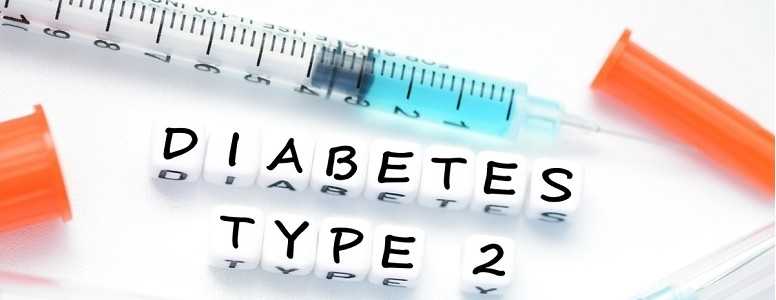The injectable diabetes drug Lyxumia could help prevent kidney damage in people with type 2 diabetes and cardiovascular problems, researchers have said.
Lyxumia, the brand name for lixisenatide, is a glucagon-like-peptide-1 (GLP-1) agonist given to people with type 2 diabetes to lower blood glucose levels. The drug works by mimicking the action of the GLP-1 hormone, which is normally released by the body after eating food.
This new research was a follow-up study of the ELIXA trial, which investigated whether the drug could demonstrate cardiovascular improvements in people with type 2 diabetes, compared with placebo.
A total of 6,068 people with type 2 diabetes and a recent coronary artery event were enrolled onto the ELIXA trial. They were either given lixisenatide or a placebo. A variety of health outcomes were monitored and recorded throughout the trial.
In a three-year review, the researchers from Amsterdam University Medical Centers, the Netherlands, investigated whether lixisenatide had any health improvements on kidney health, which can be affected in people with diabetes.
The findings suggested there was a 16% reduction in the risk of macroalbuminuria – a warning sign for kidney dysfunction – in those who took the drug, compared with placebo.
Lixisenatide was also associated with risk reduction of another measure of kidney function called urinary albumin-to-creatinine ratio (UACR) among those with existing kidney problems.
Dr Marcel Muskiet, from the Diabetes Center at VU University Medical Center in Amsterdam, presented the findings at the European Association for the Study of Diabetes (EASD) conference in Germany.
“This is the first analysis of a clinical trial to assess the effect of a short-acting GLP-1 receptor agonist on renal outcomes in patients with type 2 diabetes at high risk for cardiovascular disease, and suggests that short-acting GLP-1 receptor agonists might have similar renal benefit as long-acting GLP-1 receptor agonists, which have been reported in previous cardiovascular outcome trials in this target population,” he said.
The authors concluded: “Trials specifically assessing the effects of these drugs on kidney failure in people with type 2 diabetes and macroalbuminuria should therefore be a priority for the future, since the albuminuria-lowering effects seem to be greatest in people with raised levels at baseline.
“Additionally, studies of companion therapies, such as SGLT2 inhibitors with GLP-1 receptor agonists, will be key.”
The findings have also been published in The Lancet.
What's new on the forum? ⭐️
Get our free newsletters
Stay up to date with the latest news, research and breakthroughs.









